
Facebook drones won’t work for aerial Internet
Facebook, trying to be ever more like Google, announced last week that it was thinking of building a global ISP in the sky. Now this is something I’ve written about several times in the past and even predicted to some extent, so I’d like to look at what Facebook has said so far and predict what will and won’t work.
Longtime readers will know I’ve written twice before (here and here) about satellite Internet and twice about aerial Internet, too (here and here), so I’ve been thinking about this for over a decade and even ran some experiments back when I lived in Charleston. Oh, and of course I am building an electric airplane described here.
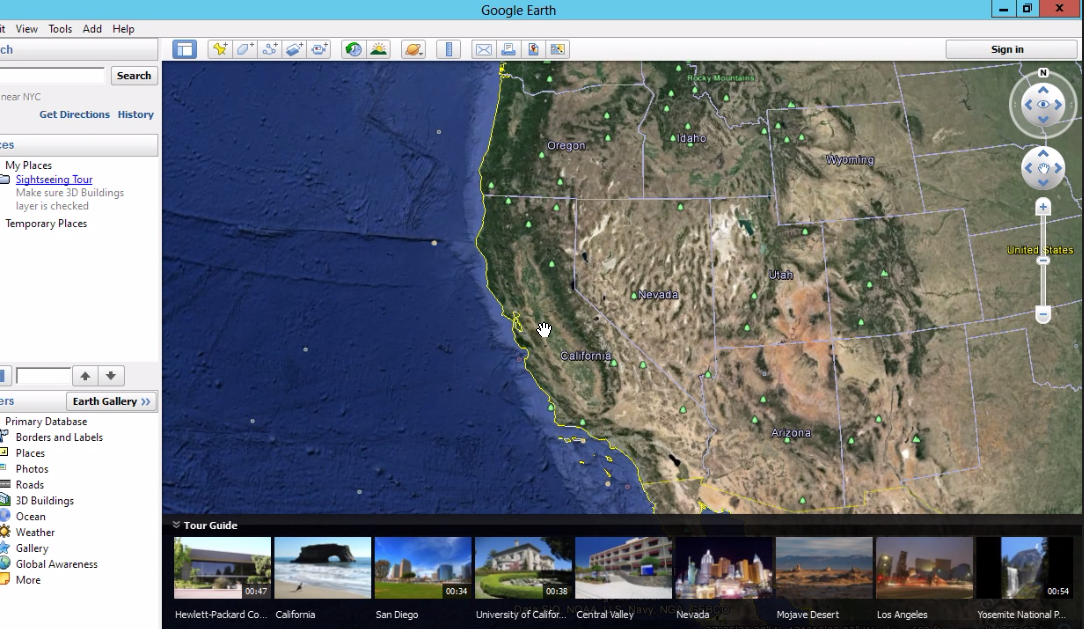
Google Earth and Microsoft Word are now on Mainframe2
Cisco Systems this week announced its $1 billion Intercloud that will link nine partner companies to offer an OpenStack-based, app-centric cloud system supposedly aimed at the Internet of Things. That’s a lot of buzzwords for one press release and what it means is Cisco doesn’t mean to be left behind or to be left out of the IT services business. But Cisco’s isn’t the big cloud announcement this week: the really big announcement comes today from little Mainframe2.
This morning at the big nVIDIA GPU Technical Conference in Silicon Valley Mainframe2 demonstrated two new PC applications -- Google Earth and Microsoft Word -- running on its graphical cloud. This is significant not only because it implies (there’s been no announcement) that Mainframe2 has two new customers, but both companies are cloud vendors in their own right, so we can guess that Mainframe2 will be supported at some point by both Google’s cloud platform and Microsoft Azure.
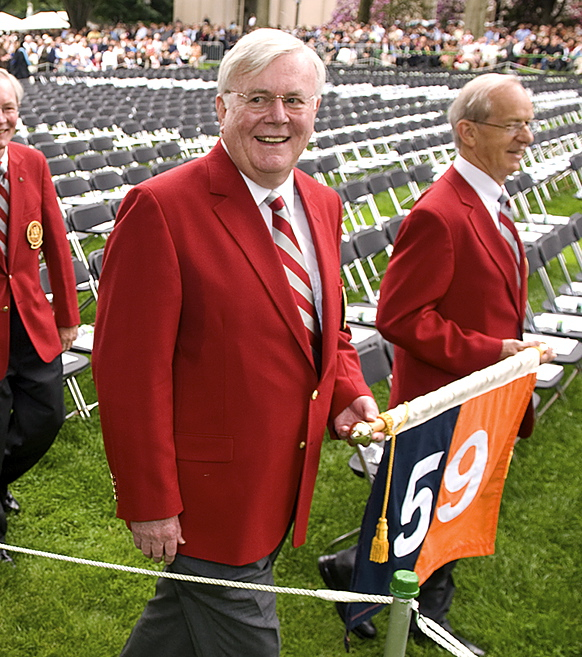
So Pat McGovern comes into a bar…
Pat McGovern died this week at 76 in Palo Alto, totally surprising me because I didn’t even know he had been ill. Uncle Pat, as we called him, was the founder of Computerworld back in 1967 and the year before that research firm International Data Corp., started in his suburban Boston kitchen. Pat helped turn the computer business into an industry and employed a lot of people along the way including me. He was an exceptional person and I’d like to tell you why.
Pat ran a company that published about 200 computer magazines all over the world. Each December he traveled the globe to give holiday bonuses to every employee he could find. The bonuses were a meaningful amount of crisp cash money in an envelope that Pat would hold in his hand until he’d finished his little speech about how much he appreciated your work. And here’s the amazing part: he knew what we did. He read the magazine, whichever one it was, and knew your contribution to it. You’d get a smile and a handshake and 3-4 sentences about something you had written or done and then would come the envelope and Pat would be on to the next cube.
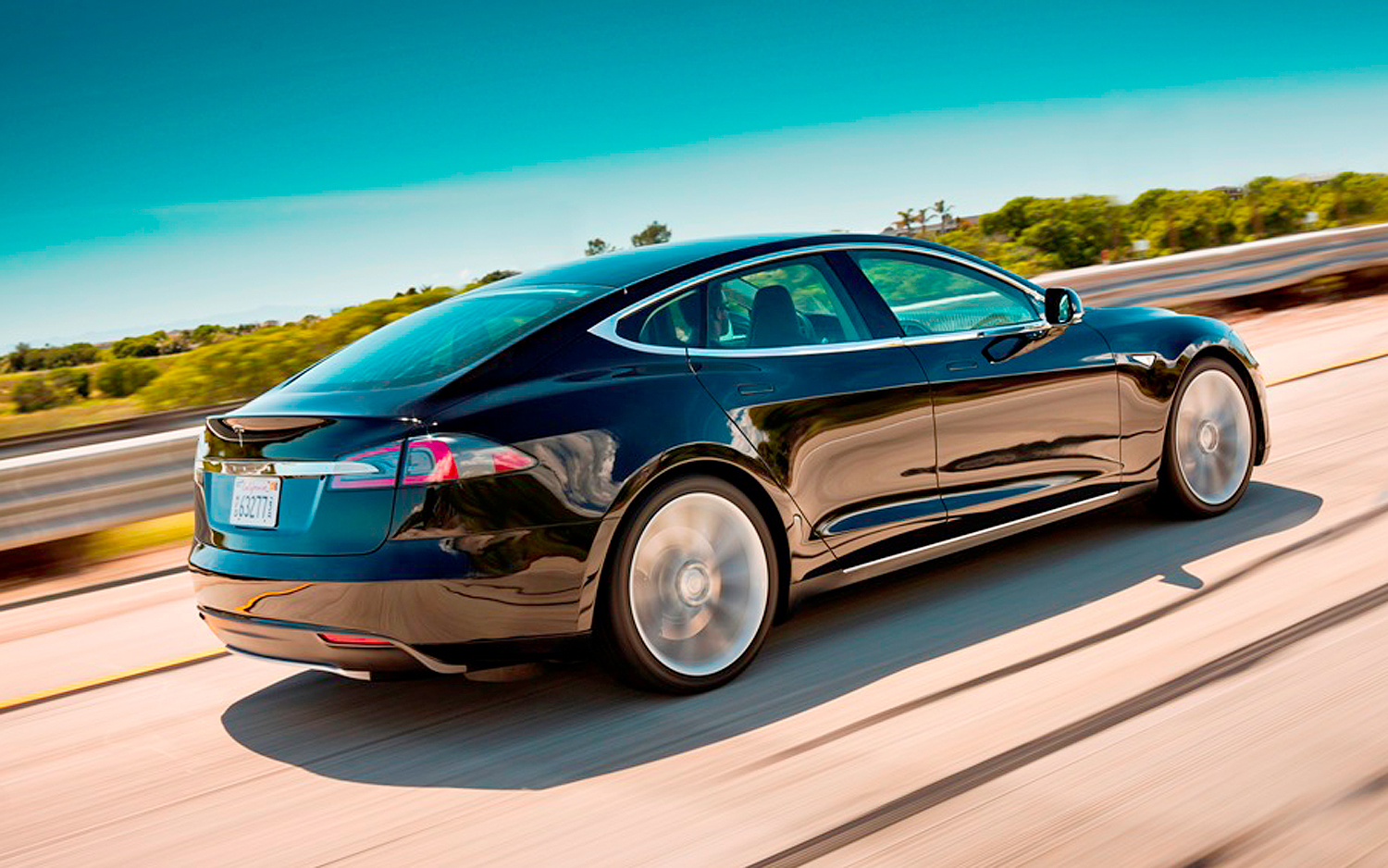
An impending black swan for electric cars
A black swan is what we call an unexpected technical innovation that disrupts existing markets. Intrinsic to the whole black swan concept is that you can’t predict them: they come when they come. Only today I think I’ll predict a black swan, thank you, and explain exactly how the automobile business is about to be disrupted. I think we’re about two years away from a total disruption of the automobile business by electric cars.
One of the readers of this column is Robert Cumberford, design editor at Automobile Magazine. Nobody knows more about cars than Bob Cumberford, who has written about them for more than half a century. Here’s what he told me not long ago about the Tesla Model S:

Bitcoin is down but not out
Regular readers will know that I’ve had my doubts about Bitcoin. Recent events in the Bitcoin world, especially the failure of Mt. Gox, the biggest Bitcoin exchange, have caused further problems for the crypto currency. But I’m oddly cheered by these events and am beginning to think Bitcoin may actually have a chance of surviving as a currency.
Willy Sutton, who made his career robbing banks, once explained that he robbed them "because that’s where the money is". Well recent bad news in the world of Bitcoin follows a similar theme: yes there have been thefts, corruption, and a suicide, but all this is based not on Bitcoin’s failure but on its success. The wonder isn’t that Mt. Gox lost $460 million in Bitcoins but that it had $460 million in Bitcoins to lose.

pCell is only as good as the Linux it runs on
I’m still working-away on my IBM book and it is still a week from being finished (the well-known second 90 percent syndrome). The book, if I am allowed to sell it on Amazon, will cost a whopping $3.99 and will be worth the money. But I’m still a columnist of sorts so here are my thoughts on pCell, an impressive new technology for increasing performance of LTE mobile data networks. It was invented by WebTV founder Steve Perlman, introduced two weeks ago in New York (very impressive video here, but fast-forward to 5:30) and was the talk of the Mobile World Congress in Barcelona the following week. pCell is amazing. It is also probably a security nightmare waiting to happen.
This is not me being a bad-ass or somehow wanting pCell to fail. I think it is great and I want it to wildly succeed, but there are a couple things about pCell that have been going over the heads of most reporters, security being one of them. I’ve read all the stories about pCell and the word security doesn’t appear in any of them, none.
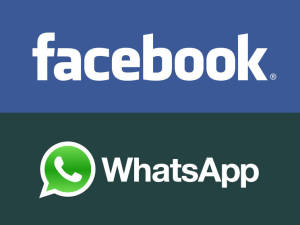
WhatsApp is the first of several big acquisitions for Facebook
If the announcement of Facebook paying $19 billion in cash and stock for WhatsApp surprised you then maybe you’d forgotten this prediction I published on January 8th:
#6 -- Facebook transforms itself (or tries to) with a huge acquisition. I wrote long ago that we’d never see Facebook in the Dow 30 Industrials. The company is awash in users and profits but it's lost the pulse of the market if it ever had it. Trying to buy its way into the Millennial melting data market Facebook offered $3 billion for Snapchat, which turned it down then rejected a $4 billion offer from Google. Google actually calculates these things, Facebook does not, so where Google will now reverse-engineer Snapchat, Facebook will panic and go back with the BIG checkbook -- $10+ billion. If not Snapchat then some other overnight success. Facebook needs to borrow a cup of sugar somewhere.
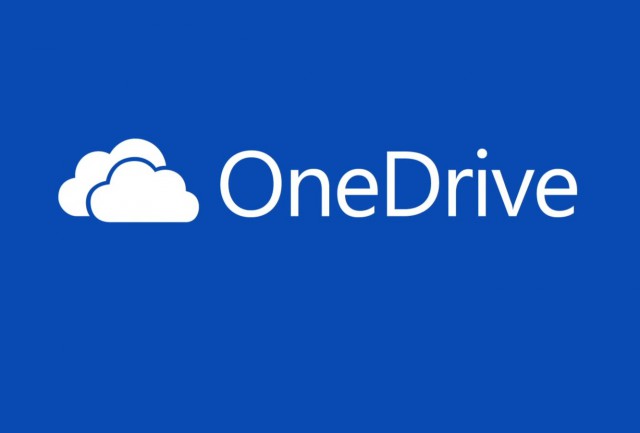
As Seen on TV: ThreeDrive, from CringeCo
My e-mail inbox this morning contains 118,306 messages totaling about seven gigabytes. I really should so something about that but who has the time? So I keep a lot of crap around longer than I should. I have, for example, every message I have sent or received since 1992 when I registered cringely.com. Those obviously occupy a lot more than seven gigabytes, though interestingly enough the total is less than 20 GB. My storage strategy has been a mixed bag of disks and cloud services and probably stuff I’ve forgotten along the way. So I’ve decided to clean it up by standardizing on Microsoft’s OneDrive (formerly SkyDrive) cloud storage service, just relaunched with its new name. I need about 30 GB of storage right now but I don’t want to pay for anything.
No problemo.

Apple needs Time-Warner Cable more than does Comcast
Tech news changed last week faster than the weather. At the beginning of the week Charter Communications was trying to buy Time-Warner Cable, then on Tuesday Apple was rumored to be close to a deal for Apple TV to replace or augment Time-Warner’s cable boxes, then on Thursday both stories crashed and burned when Comcast bought TWC out from under Charter, killing the Apple deal in the process. But does it really have to end that way? Not if Apple is smart.
I don’t care about cable consolidation, frankly, though a lot of other people do, seeing too much power being concentrated in Comcast. I would just like to see things shaken up in the TV industry bumping services quickly forward to where I’ll only have to pay for the stuff I actually want to watch. I suspect that’s where the Apple-TWC deal was heading. Apple would pay TWC for the privilege of taking over a substantial part of the cable company’s workload, cutting costs and raising TWC profits in the process. It was a desperate attempt on TWC’s part to avoid the clutches of John Malone’s Charter Communications.
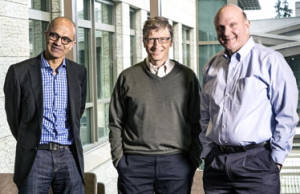
Nadella’s success at Microsoft probably depends on Gates
Microsoft has a new CEO in former cloud and server chief Satya Nadella and readers have been asking me what this means? Certainly Nadella was the least bad of the internal candidates but an external selection would have been better. Whether it works out well or not probably comes down to Bill Gates, who leaves his job as chairman to become Nadella’s top technical advisor.
You might ask why Nadella, whose technical chops are easily the equal of BillG’s (and a lot more recent, too) would even need Gates in that advisory role? I believe the answer lies in my recent column where I argued that the best new Microsoft CEO would be Gates, himself, because only he could stand up to departing CEO Steve Ballmer.

IBM sells Intel server business, company is doomed
IBM today sold its Intel server business to Lenovo, yet another example of Big Blue eating its seed corn, effectively dooming the company for the sake of short-term earnings. It’s a good move for Lenovo and an act of desperation for IBM.
Wall Street analysts may see this as a good move but then Wall Street analysts typically aren’t that smart. They’ll characterize it as selling-off a low-margin server business (Intel-based servers) to concentrate on a higher-margin server business (Z-series and P-series big iron) but the truth is IBM has sold the future to invest in the past. Little servers are the future of big computing. IBM needs to be a major supplier and a major player in this emerging market.
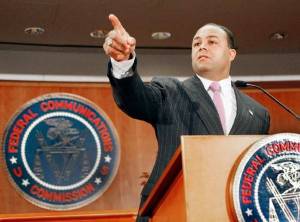
Net neutrality is dead, but it probably doesn’t matter
Last week the US Court of Appeals for the District of Columbia shot holes in the US Federal Communications Commission’s version of net neutrality saying the Commission was wrong not in trying to regulate Internet Service Providers but in trying to regulate them as Common Carriers, that is as telephone utilities.
The FCC can’t have it both ways, said the Court, and so the Feds get to try all over again. Or will they? I think events are moving so quickly that by the time this particular argument is worked out all the players will have changed and the whole argument may be moot.
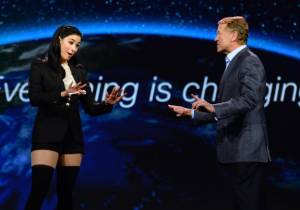
The Internet of Crap
Cisco CEO John Chambers gave a keynote speech last week at the Consumer Electronics Show laying out Cisco’s vision for what he called the Internet of Everything and other people are calling just the Internet of Things. The idea is very simple: put intelligence in every device and connect them all together on the Internet. And the idea behind the idea is even simpler: the everything is what we’ll first have to throw away. Because that’s the only way the Internet of Everything can work.
Throw away your routers, wireless and wired. Throw away your network adapters, wireless and wired. Throw away your modems. Throw away your network extenders. Throw away anything with a radio or an RJ-45 port except maybe your PC, though plenty of those will have to be thrown away, too.
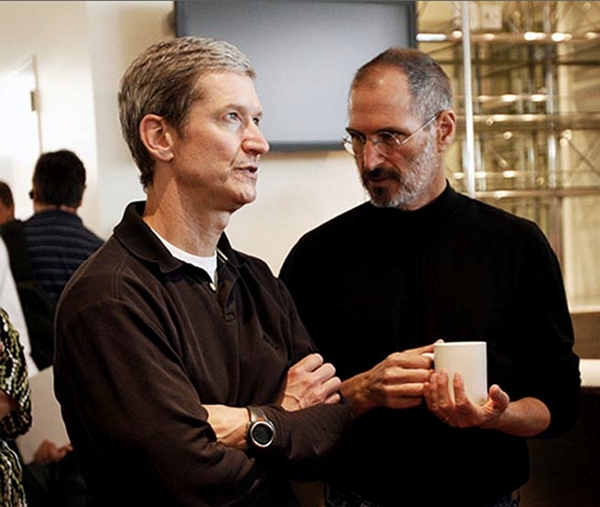
Final 2014 prediction: the end of the PC as we knew it
We’re generally a Macintosh shop here in Santa Rosa. I have Windows and Linux PCs, too, but most of the heavy lifting is done on Macs. Next Wednesday I’m expecting a delivery from B&H Photo (no tax and free shipping!) of four new iMacs plus some software totaling $5,407. I fully expect these to be the last personal computers I will ever buy.
How’s that for a 2014 prediction?
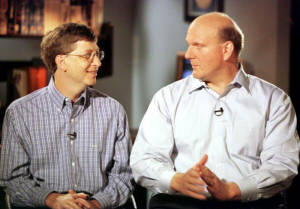
Bill Gates and the non-prediction prediction
Following my #1 prediction yesterday of dire consequences in 2014 for Microsoft some readers challenged me to say what should happen this year in Redmond to right the ship. Is it even possible?
So here’s my answer which isn’t in the form of a prediction because I doubt that it will actually happen. But if it actually does come to pass, well then I told you so.

